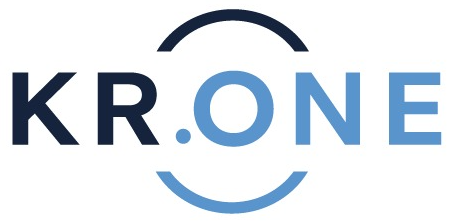In the nonprofit sector, where trust and integrity are paramount, having a robust whistleblower policy is essential. From my experience working with NGOs and the government sector, I’ve seen firsthand how a well-structured policy can empower staff and volunteers to report misconduct, ultimately protecting the organization and its mission. Here are some first steps in creating a whistleblower policy, along with relevant examples.
Why a Whistleblower Policy is Essential for NGOs
- Encourages Reporting: I’ve found that employees and volunteers are much more likely to report unethical behavior when they know there’s a safe, confidential channel available.
- Protects Against Retaliation: A strong policy reassures whistleblowers that they won’t face negative consequences, which fosters an environment of trust and openness.
- Promotes Transparency: In my experience, an established policy demonstrates an NGO’s commitment to ethical practices, which is crucial for maintaining donor and public trust.
- Mitigates Risk: Early detection of misconduct can prevent reputational damage and financial loss, safeguarding the organization’s vital work.
Steps to Create an Effective Whistleblower Policy
- Define the Scope
Clearly outline what constitutes reportable misconduct. For NGOs, this can include fraud related to funding, misuse of resources, discrimination, harassment, or violations of safety protocols.. - Establish Accessible Reporting Channels
Offer various avenues for reporting, such as a dedicated hotline, email, or an anonymous online form. I’ve seen organizations thrive when they make these channels user-friendly and accessible to both staff and volunteers. - Ensure Confidentiality
Emphasize that all reports will be kept confidential. Employees should feel secure knowing their identities will be protected throughout the investigation. - Outline the Reporting Process
Clearly explain how reports will be handled, including who will investigate, the timeline for investigations, and how feedback will be communicated. - Protect Against Retaliation
Clearly state that retaliation against whistleblowers will not be tolerated. I’ve witnessed organizations falter when employees fear reprisal, so it’s crucial to communicate that retaliation is unacceptable. - Provide Training and Resources
Regularly train employees on the policy and the importance of reporting unethical behavior. I’ve seen the positive impact of well-informed staff who feel equipped to act. - Promote a Speak-Up Culture
Encourage open communication about ethical behavior and reinforce that reporting wrongdoing is not just acceptable but commendable. Leadership should model this behavior to cultivate trust. - Review and Revise Regularly
Periodically evaluate the effectiveness of your whistleblower policy. Gathering feedback from employees and making necessary adjustments can lead to continuous improvement.
Conclusion
From my experience, a comprehensive whistleblower policy is vital for NGOs to maintain trust, integrity, and transparency. By fostering an environment where employees and volunteers feel safe to report misconduct, organizations can protect their mission and uphold ethical standards.
Feel free to contact me to discuss more!







